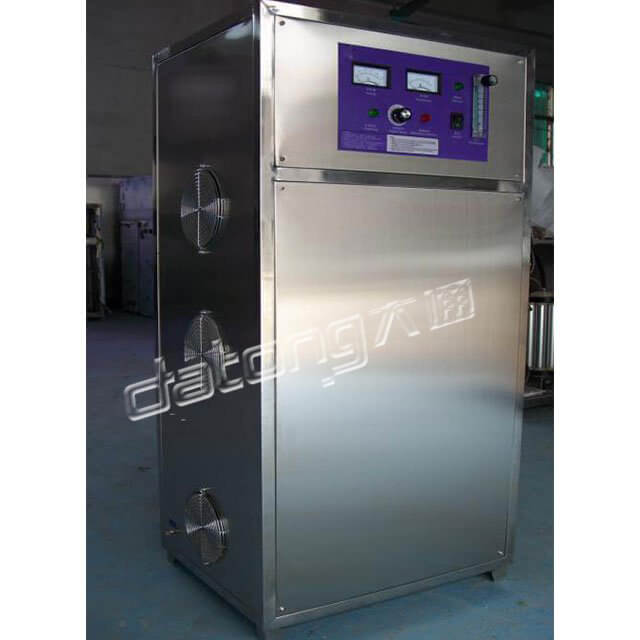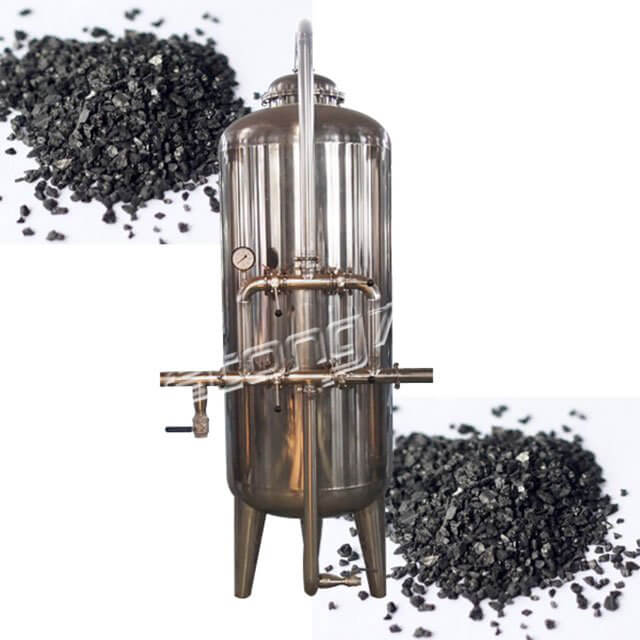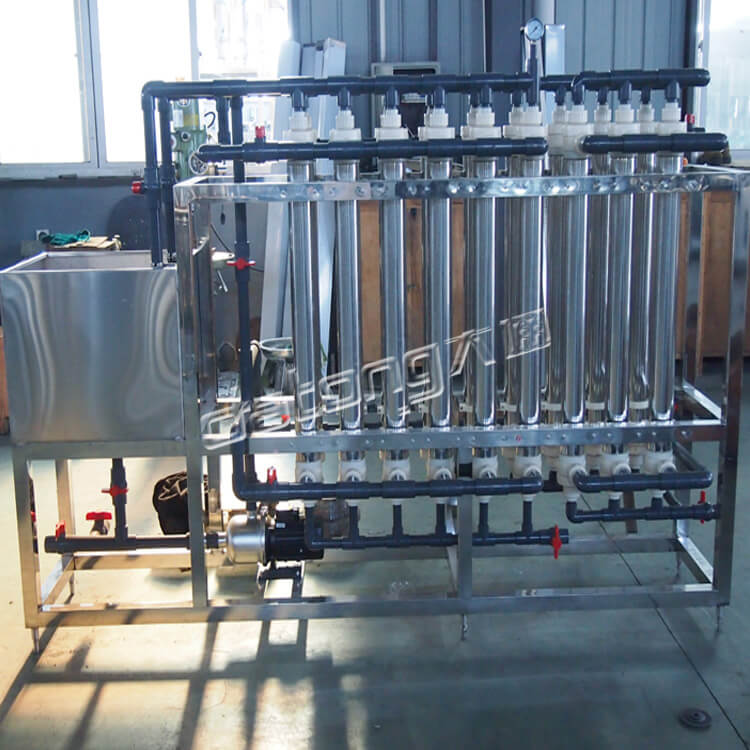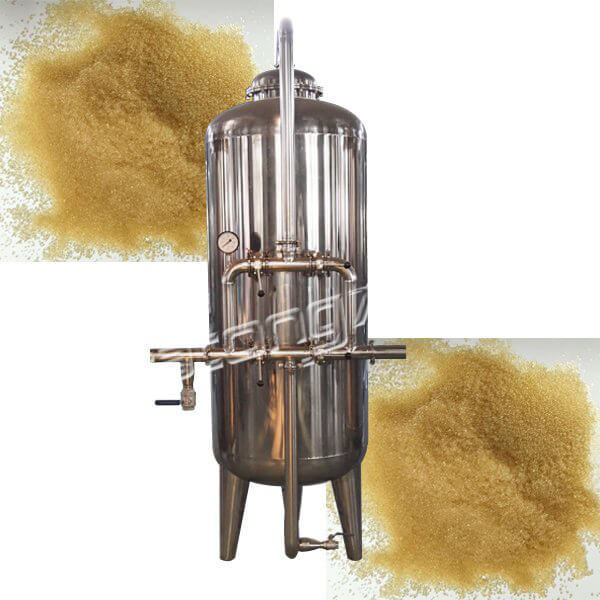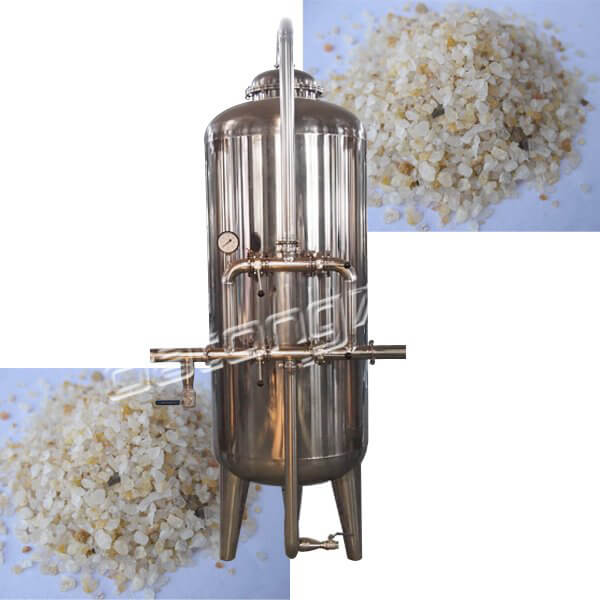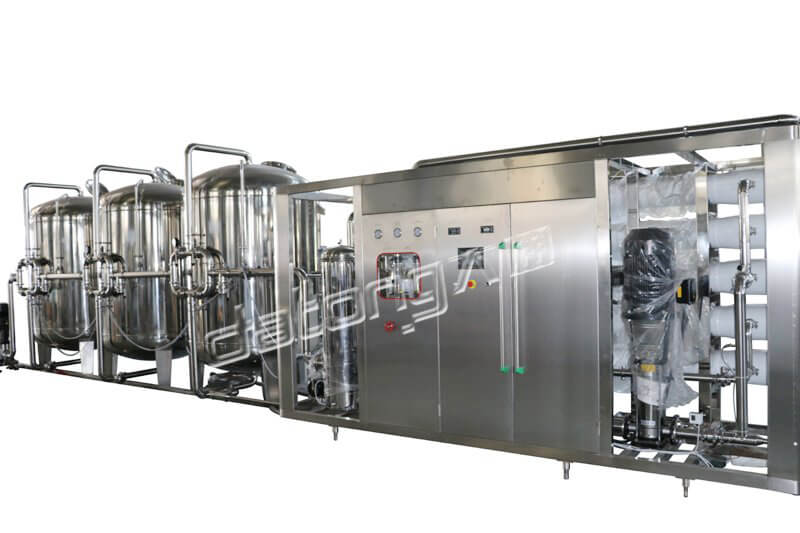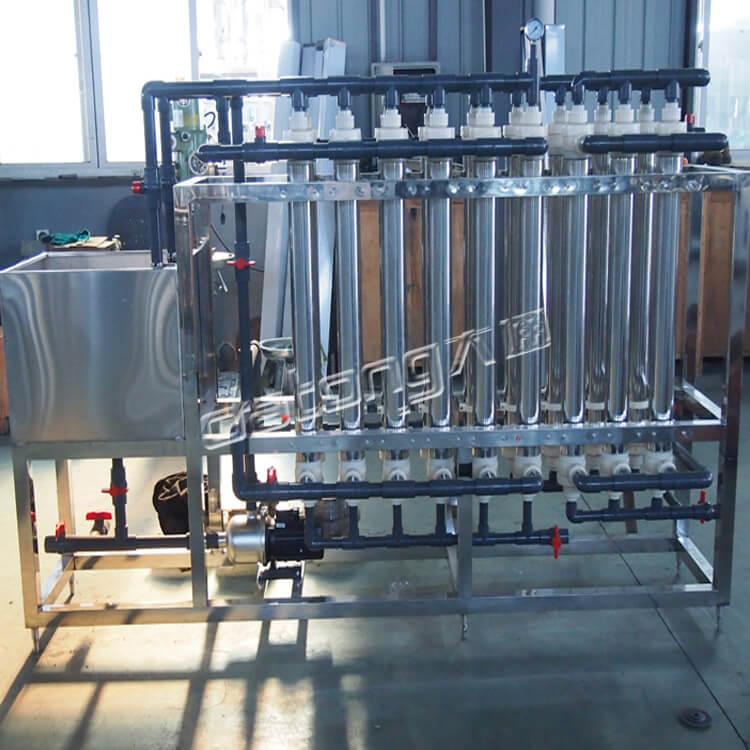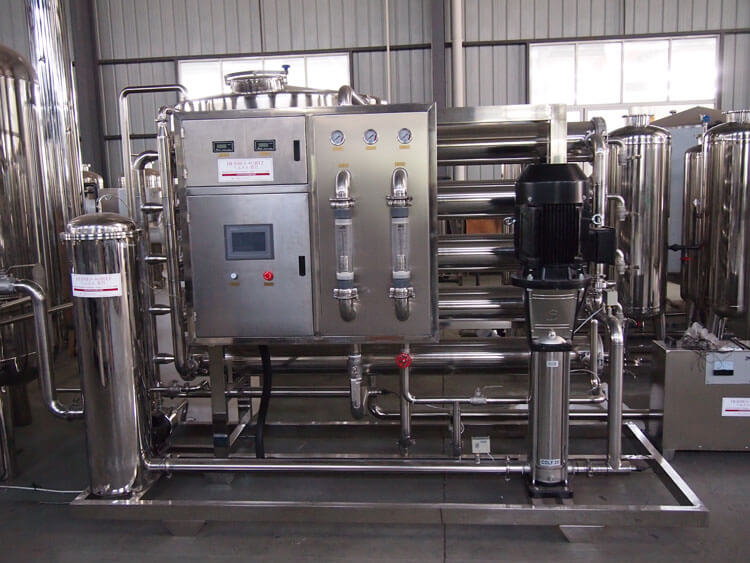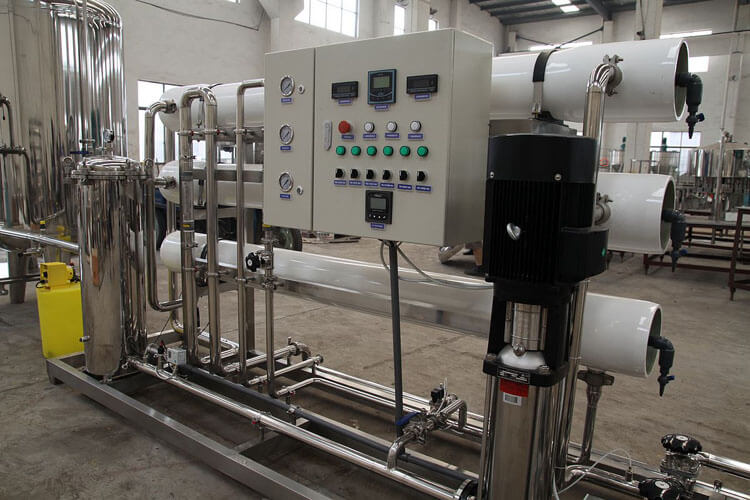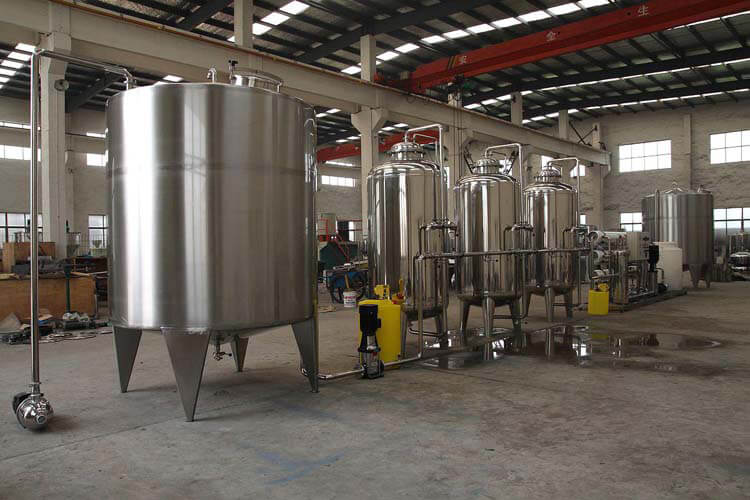Drinking tap water is a widespread habit among people from all over the world. Most countries have potable running water as a public service. To achieve this, the government enforces certain standards to make sure the water is clean. However, clean might be a relative term. Some standards –even in developed countries- only state that water must not contain harmful chemicals or microorganisms. Even when water departments comply with this standards, a lot of things can get pass them. It is true that you won't die by drinking potable public water if your water department complies with the standards. However, you might encounter some problems.
If you want to safely drink your running water, you should consider getting a filtration system. In this article, you will learn everything about water filtration systems. Let's review what's in your water and what options are available for water filtration systems:
Why you should get a water filtration system
To put it simply, there are three issues with public water:
EPA (Environmental Protection Agency) standards take into consideration different things. Your health is the most important issue, to be honest. However, the EPA also sets its standards considering public costs. In essence, this means that your water department has to follow EPA standards, but those standards aren't as strict as they should. The minimum standards are designed to protect your health, but also to save money. Because of this, some contents in the public water don't have to be filtered out because it would cost too much. While those contents aren't the most harmful, they aren't healthy either.
Your water department can try to comply with the standards and simply fail. Several people, processes and machinery are involved in the purification of water at the water department. Machines can malfunction and humans make mistakes. This could lead to potentially dangerous elements inside your water without you noticing it.
Between the plants that comply with regulations and your sink, there is a long way. Pipes can break or rust and contaminate your water even if your water department doesn't make any mistakes.
Because of these three reasons, your running water is not 100 % guaranteed to be perfectly clean. If you get a filtration system, you can rest assured your water will be clean. Now, let's review the most common types of water filtration systems.
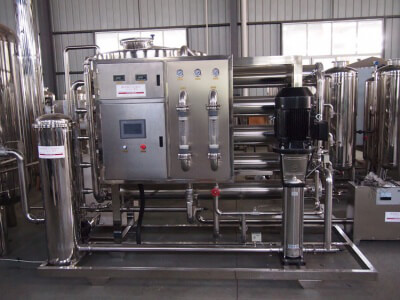
Pitcher filters
Pitcher filters look similar to a regular pitcher. You place running water in a compartment of the pitcher and you let gravity do the work. Different brands offer different capacities and filtering methods. Also, most brands don't filter every contaminant in the water. However, there are some brands that filter as good as a real water filter system. These are the main pros and cons of pitcher filters:
Pros:
They don’t require installation.
The set-up and operation is as simple as it gets.
They are portable, so you can filter water anywhere you go.
Cons:
They only filter small amounts at a time.
They are not as effective as other filtration systems.
Faucet filters
Faucet filters are similar in capabilities to pitcher filters. They attach to the end of a faucet and filter the water as it passes through. As it happens with all the options, different brands offer different features. These are the main pros and cons of faucet filters:
Pros:
They are easy to install and use, and you can take your filter with you if you move out.
They are very cheap.
Cons:
They don't filter all contaminants.
Some specialty faucets might not be compatible.
Countertop filters
Countertop filters are similar to pitcher and faucet filters in features and capabilities. The main difference is the form. Countertop filters use a small hose to connect to the faucet. They sit next to the sink and they fill with water automatically. Then, they filter the water to dispense it when you need it. These are their main pros and cons:
Pros:
They are easy to install and use.
They filter out more contaminants than pitcher or faucet filters.
You can take your filter with you if you move.
Cons:
They might not be compatible with some specialty faucets.
They are not very aesthetically appealing.
Under-the-counter filters
Under-the-counter filters are filtration systems that actually connect to your plumbing. They dispense filtered water through a dedicated secondary faucet next to your sink. The main filtration system sits under the counter. It has pros and cons, of course. Here are some of them:
Pros:
Way more efficient at filtering out contaminants than the previous options.
They stand out of the way under the sink.
They offer a dedicated faucet with filtered water.
Cons:
They take up some space under the sink. This might not be convenient if you need the space for storage.
Someone with basic plumbing skills has to install them.
Reverse osmosis filter
Reverse osmosis filters connect to your main plumbing and store water in a dedicated tank. A process known as reverse osmosis then filters that water. Finally, a secondary faucet dispenses the water. The main pros and cons of this option are:
Pros:
One of the most efficient filtration systems.
They offer a dedicated faucet for drinking.
Cons:
They are more expensive than most options.
They take up more space than an under-the-counter filter.
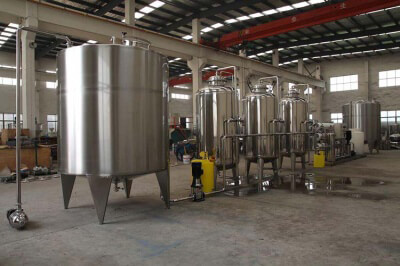
Whole-house filtration system
This is the most comprehensive filtration system. They are plumbed-in through your water line and can use a variety of filtering methods. Here are their main pros and cons:
Pros:
They filter all the water in all the faucets.
They are usually the most effective filtering option.
Cons:
They are more expensive than all the other options.
A professional plumber has to install them.





